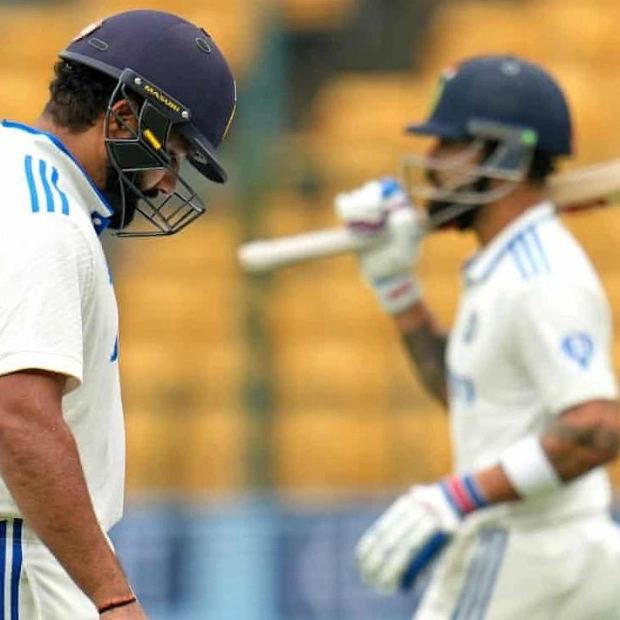Arjun always saw himself as a well-informed individual when it came to women's menstrual health. Raised with four sisters, he never avoided the subject. 'The cramps, the mood swings, the hormonal fluctuations. I had firsthand experience observing how these affected my sisters and mother during their monthly cycles,' said the 34-year-old Indian expatriate. When Arjun married Priya, 33, in 2022, he was ready to be a supportive and empathetic partner. However, nothing could have prepared him for what Priya was experiencing.
'Initially, everything appeared normal. Priya's periods came and went, with the typical discomforts and moodiness,' he recounted. 'But gradually, the changes became more pronounced.' Arjun noticed a significant shift about 10 days before her period. Her mood swings intensified, and she would express feelings like, 'I feel like I'm drowning,' or 'I don't want to be alive right now.' These words deeply troubled him.
Dr. Anjulie Dhillon explained, 'Women suffering from PMDD can experience intense feelings of anxiety and irritability. Mood swings can disrupt daily life, leading to a sense of isolation.' Arjun was familiar with premenstrual syndrome (PMS) but didn't believe this was it. PMS, experienced by women before their period, is typically characterized by mood swings, feeling low, irritable, upset, or anxious; fatigue or sleep issues; bloating or cramping; breast tenderness; headaches; skin breakouts; changes in appetite or food cravings, etc. Symptoms can sometimes be severe enough to interfere with daily activities and relationships.
Dr. Dhillon, a British health psychologist at Connect Psychology, noted that there's another lesser-known psychological disorder, PMDD, which can severely impact women if untreated. 'PMDD is a more severe form of PMS with significant psychological symptoms accompanying the physical symptoms of menstruation,' she explained. 'Women with PMDD can experience overwhelming anxiety and irritability. Depression in PMDD involves feelings of hopelessness, low self-worth, and severe fatigue. Mood swings can create daily challenges, causing isolation. Over time, these can affect overall well-being and quality of life.'
PMDD can overlap with other mental health conditions, complicating diagnosis. Underlying depression and anxiety are common in both PMS and PMDD, so hormonal changes during menstruation can worsen mood disorder symptoms. Dr. Dhillon emphasized that the key difference is severity. If a woman experiences extreme emotional distress about 10 days before her period, making alarming statements and spiraling into despair, it may be PMDD.
Several psychological approaches can treat PMDD. 'Knowledge is empowering, so psychoeducation is a useful starting point, helping individuals understand their body's physiological and psychological experiences,' said Dr. Dhillon. 'Acceptance and Commitment Therapy can help individuals open up, notice, and accept uncomfortable thoughts or feelings, learning to respond differently. This approach also encourages meaningful steps towards personal values. Compassion-Focused Therapy is useful in reducing self-criticism and fostering self-compassion.'
Ultimately, Priya was diagnosed with PMDD. Multiple consultations led her to a specialized therapist. Both she and Arjun are in counseling. The diagnosis didn't eliminate difficult days but provided the tools to navigate them together. 'I realized that my desire to fix things out of concern for her didn't help. There are still moments of overwhelm and helplessness. But my journey with Priya is about learning, growing, and understanding the complexities of this condition,' Arjun reflected.
Dr. Dhillon, who doesn't treat the couple, stressed the importance of educating boys and men about menstruation to ease women's mental health burden. 'If boys and men understand women's health and menstruation, they can provide understanding and support. We need to continue talking about menstrual cycles to reduce stigma and empower women to connect symptoms to their cycles and seek support if needed. Progress is being made in normalizing discussions about women's health, and this needs to continue.'
Source link: https://www.khaleejtimes.com






